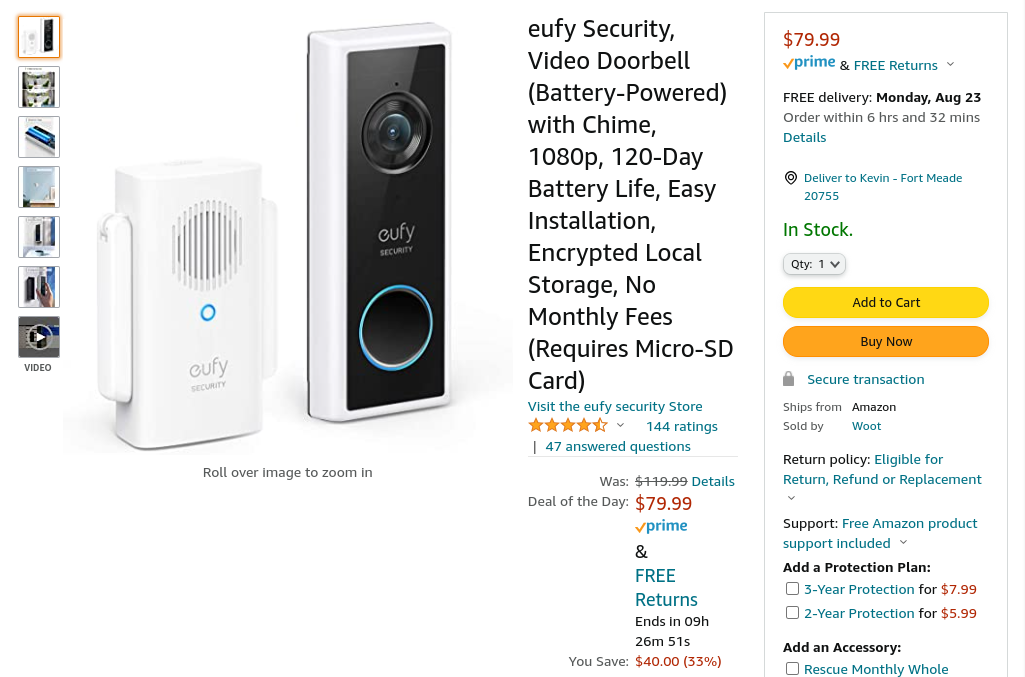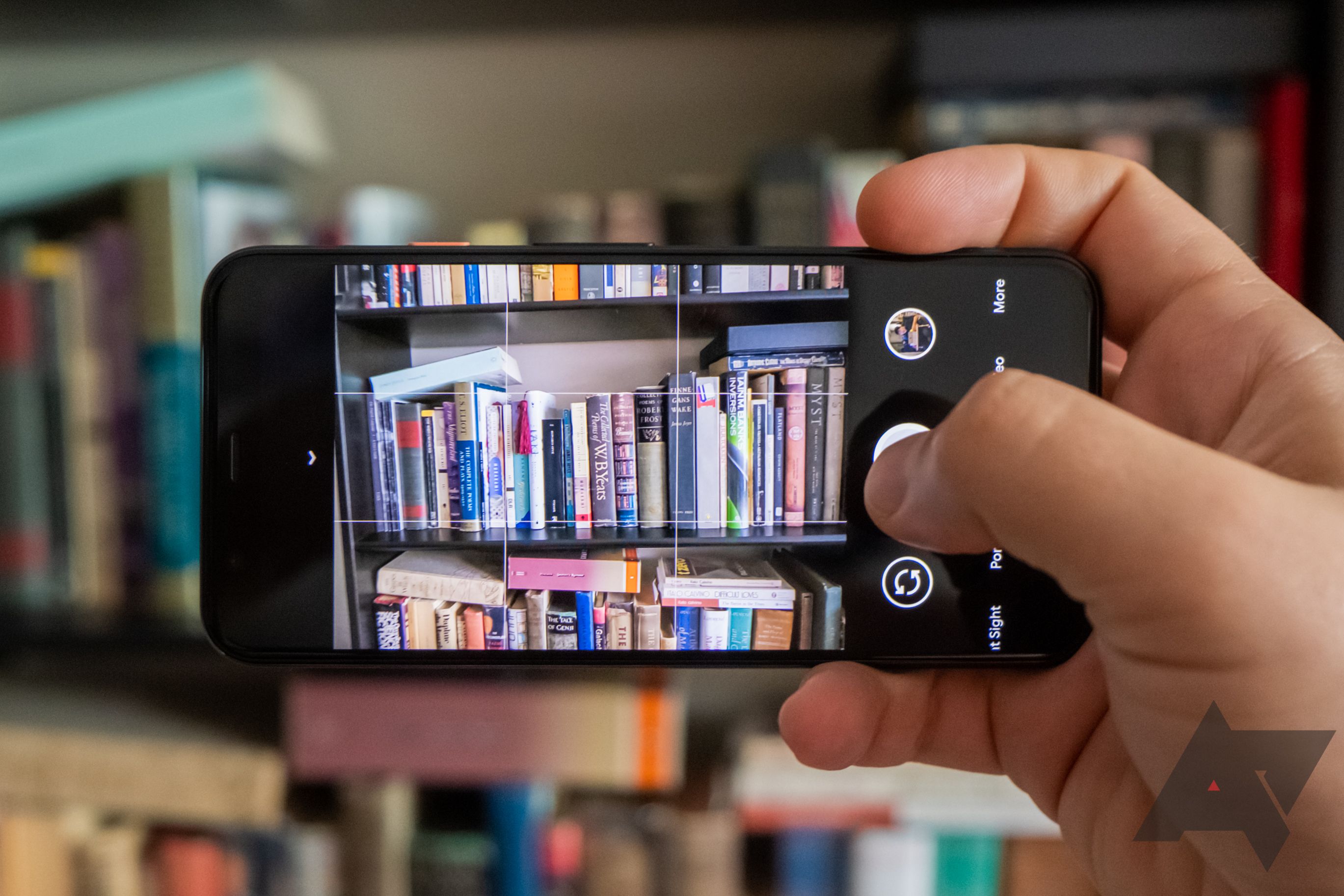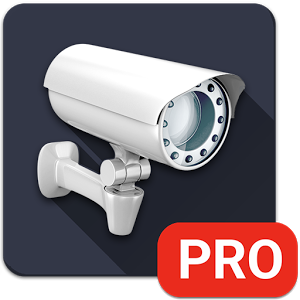latest

Eufy's subscription-free doorbell is even cheaper on Amazon today, but the deal won't last long
You have until the end of the day to purchase a wireless video doorbell for just $80
A smart doorbell camera can make keeping an eye on your home much easier, whether receiving a package from UPS or weeding out "guests" trying to sell you their services. While big players like Google Nest and Ring have some of the most advanced doorbells on the market, their price tags are enough to make your wallet quiver in fear. Thankfully, Eufy's battery-powered video doorbell camera won't break the bank, and you can pick one up for a mere $80 on Amazon today — no subscription needed.There's a lot to like about Eufy's video doorbell, especially at its price. Setup is pretty straightforward, and it hits the basics you'd expect from a doorbell camera: 1080p video, tall 4:3 field of view, instant alerts, and more. It works wirelessly, too — the manufacturer claims a long 4-month battery life from a single charge. And unlike some of its competitors, you'll be able to save your recordings locally without enrolling in an expensive subscription. At $80, Eufy's doorbell is $40 under its $120 price tag. If you've been searching for a doorbell that's both affordable and a solid performer, we recommend pulling the trigger on this unit. You'd be wise to act fast as this deal is only available through the end of the day. Follow the link below to check it out.Buy: Amazon
At $80, Eufy's doorbell is $40 under its $120 price tag. If you've been searching for a doorbell that's both affordable and a solid performer, we recommend pulling the trigger on this unit. You'd be wise to act fast as this deal is only available through the end of the day. Follow the link below to check it out.Buy: Amazon

Google is aiming for iPhone-like video quality with the Pixel 6's camera
All thanks to the power of its Tensor SoC
Surprise — it's Pixel 6 announcement day, and we're still unpacking everything Google has detailed about its next flagship phone. While there's a whole lot left to learn between now and its eventual launch this fall, the cameras were unsurprisingly a highlight of today's various hands-on articles. And while we expect the Pixel 6 to be another mobile photography powerhouse, it also sounds like Google might've finally got video recording right.

Android 11 got rid of the 4GB limit on videos, but the Google Camera app is still capped
Videos will now split at 10GB
Android 11 may not have had a lot of flashy new features, but at least we should credit it for fixing or improving some of the outstanding issues. Back in June, we examined a fix that had just rolled out in the first Android 11 beta that would lift the 4GB cap on videos captured by the camera. While the API that had previously been responsible for setting the 4GB limit was no longer a constraint, it didn't actually make a difference with the Google Camera app or most of the other popular video recorders tested. Now that Android 11 has rolled out and many of us with Pixel phones are running it, here's what has changed and how it works today.

Android 11 will finally lift the idiotic 4GB cap on video recordings
It's live in Beta 1 right now, but almost no apps support it yet.
Before phones started recording 4K footage, most people balked at the idea their videos could grow to 4GB and larger. Things have changed, of course, and it takes less than 15 minutes at 4K30p to hit that mark. You might be thinking this shouldn't matter thanks to 64-bit filesystems that can handle file sizes up to 16TB. However, an old API from the days of 32-bit Android still capped sizes at 4GB, which forced video recordings to be split into separate files at regular intervals. A fix for this was promised a while back and Android 11 Beta 1 finally delivers on this, but it's not going to matter if you're not using the right camera apps — and the Google Camera isn't one of them (yet).

Google Camera 7.4 leak suggests 4K 60fps video recording support
It's not clear which Pixel will benefit from this, though
Thanks to Google's pioneering role in image processing, Pixel phones are among the best when it comes to photography. That doesn't translate to video recordings, though, which are noticeably worse than the ones you can create with, say, an iPhone. Google has also chosen to limit 4K recording to 30 fps on the Pixel 4, citing a lack of interest from users, despite other manufacturers providing 4K 60fps without problems. It looks like the company might reconsider this decision, as evidence in a leaked Google Camera APK has surfaced that it might be working on a 4K 60fps mode.

Phone cameras have changed a lot in just a few years. Not too long ago, we were all recording VGA-resolution movies to send to friends and family, and now many flagship phones are capable of recording at 4K resolution and at higher frame rates. Android's camera application still won't save videos larger than 4GB, splitting long recordings into multiple files in the process, but that might finally be fixed.

A month ago, Google explained why it doesn't support 4K video recording at 60fps on its latest flagships (or any of its phones, for that matter): It said the majority of users stick with 1080p, so it'd rather focus on improving that mode and avoid large storage consumption by 4K 60fps videos. As it turns out now, there might be another reason related to the Pixel 4's Snapdragon 855 processor, which always pulls images from the two rear cameras at once.

Pixel 4 users had a moment of respite when a Reddit user claimed that his Pixel 4 gained the ability to record 4K 60fps video using an updated version of the Open Camera app — a recognized third-party camera app for Android. It turns out, the claim was nothing but bogus, and the app in question doesn’t go over 30fps no matter what frame rate you pick.

Despite the Pixel 4's multitude of new camera chops, you can still reproach it for a few missing features. It lacks a wide-angle camera, it doesn't have autofocus on the front cam, and Google still limits 4K video capture to 30fps. The company has clarified the reasoning behind the latter.

Shortly after news of Pie incoming for the Razer Phone 2, the company pushed out an update to the camera app that enables the option for 60 frames per second video recording.

Pixel 3 bugs have been taking up far too much of our time recently, but thankfully this is one that is very easy to fix. Some users have been noticing that while recording video, their Pixel 3 will still vibrate for incoming notifications, causing the video to distort along with the buzz. This is something that should be prevented by default, and the solution is simple.

HTC isn't doing particularly well these days, and the few people out there who purchased a U12+ likely weren't too pleased with the last bit of news about their devices announced: 'CryptoKitties.' Luckily, HTC is releasing an update for the U12+, starting with the Taiwanese dual-SIM model and coming soon to US and European versions.

Chromebooks are mostly inexpensive devices, and as such we don't expect many of them to be able to do fancy things. They do tend to have cameras, though — they'd be pretty useless for video calling if they didn't. Every Chromebook comes with a rudimentary web app for the camera, similar to what you might see on Windows or MacOS machines.

For anyone who still uses Snapchat, recording and sharing video clips is probably a large part of the experience. Before now, it's only been possible to record videos of up to 10 seconds in length, as this kind of ties in with Snapchat's whole brevity thing. As the app struggles for relevance and searches for new ways to engage with its users, it's decided to allow longer videos.

The first updates to Google Play Services v9.0 began rolling out a full two weeks ago, but with no notable user-facing features and nothing to report in a teardown, it remained a fairly quiet update until today. Google just put up a blog post with details of what's new in the framework, and it's all about the developers. This is the first major update to Play services since December, and it's actually pretty small compared to other releases in recent history. Only four major APIs affected. This version adds an API for in-app video recording, updates Nearby to make permissions a bit easier, and gives a few improvements to both the Ads and Player Stats APIs.

I grew up in the 90s. We recorded home videos using a camcorder, and even looking at the footage on our fat, pre-HD TV, the picture quality left much to be desired.

Google wants to be the undisputed leader in live streaming video games. With the announcement of YouTube Gaming, Google declared its intention to do battle with Twitch over an industry that may eventually amass a mind-blowing number of viewers. We're now receiving the first major app update to YouTube Gaming, and it's a huge one. Version 1.1 introduces screen recording and live screencasting directly from an Android device. On the content consumption side of things, the Watch Later feature from YouTube has been added in, and there's also a new import tool for quickly and easily porting your gaming-related subscriptions over to the new app.

tinyCam Monitor Pro v6.2 Brings Built-In Web Server Enabling Remote Playback Of Recordings, And More
tinyCam recently made the big leap to version six dot oh, dragging along a new icon and material design. On the functionality front, we saw the introduction of 24/7 background video recording. This allowed users to keep recording long after they've switched their attention to another app.

I must confess, I've never seen the appeal of Twitch: why watch other people play video games when you can play them yourself, on the thing you're using to watch them? But enough other people seem to enjoy it that Amazon gobbled up the livestreaming service, and now something very similar has come to Android. Shou.TV is a beta app and service that basically does exactly what Twitch does, but on your phone instead.

Sony's oddball external smartphone cameras have a lot of shortcomings compared to a conventional point-and-shoot, but they're getting a little better today. The manufacturer has released the 2.0 firmware for the QX10 and the more expensive QX100, boosting their video recording capabilities and low-light sensitivity.












